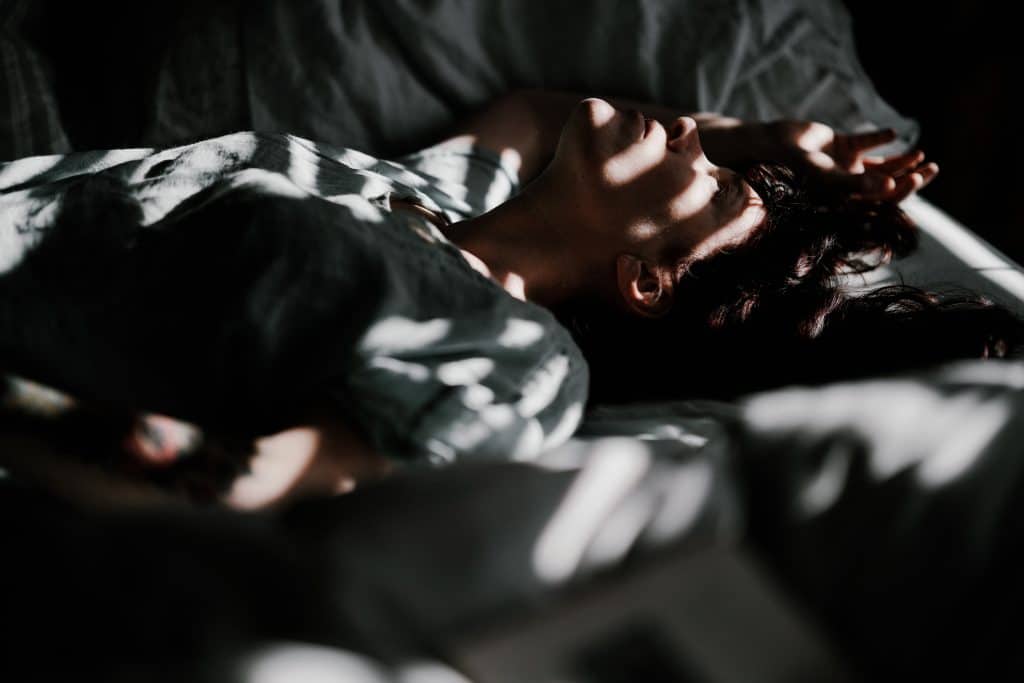
Insomnia Therapy is a natural cure for sleep restriction that is effective without relying on long term use of sleeping pills. It was developed by Dr. Spielman of Columbia-Presbyterian Hospital in New York. His scientific work shows patients effectively increasing their sleep to seven hours nightly, with improved quality. The therapy is based on the concept that the body has developed 'bad sleep habits' and needs to be retrained in order to allow better and longer sleep. This method of sleep retraining will take a few weeks and, during this time, any sleeping aids you may have been using will have to be abandoned. They will interfere with your attempts to retrain your body back to a healthy sleep pattern. During the initial phases of Sleep Restriction Therapy sleep deprivation is induced, causing you to feel sleepy - for safety reasons, you should avoid any activities that require mental alertness if you suffer from extreme fatigue.
Sleep Restriction Therapy Steps
- Dr. Brodner has analyzed your completed sleep diary and calculated the length of time you will spend in bed each night. This time is designated as your Scheduled Sleep Time and is specifically tailored to your insomnia. The Scheduled Sleep Time requires you to go to bed at the same time each night and wake up at the same time every morning for the next week. This sleep schedule should be strictly followed by going to bed and waking up only at the times prescribed by Dr. Brodner.
- Adhering to the Scheduled Sleep Time will disrupt your learned sleep pattern, which is the key to curing your insomnia. Initially you will feel tired, but this fatigue will be used to your advantage by making it easier to fall asleep and stay asleep during your Scheduled Sleep Time. Set an alarm to ensure that you wake up at the appointed time. Do not allow yourself to sleep in, however exhausted you may feel. Even if you feel drowsy during the day - DO NOT nap. Do not allow yourself to sleep at any time other than the Scheduled Sleep Time prescribed by Dr. Brodner. Deviating from your Scheduled Sleep Time will only disrupt your new sleeping pattern and allow your body to fall back into bad habits.
- During this step Dr. Brodner will gradually increase your sleeping time. Do not expect to complete this step too rapidly-it often takes several weeks to retrain your body properly. Just remember that you have suffered with insomnia for quite some time, so ridding yourself of the problem will also take some time. If you rush through the process, your body will just revert to the faulty sleep pattern it developed in the first place. As your sleep begins to normalize (you fall asleep easily and stay asleep), Dr. Brodner will add 15-30 minutes to your Scheduled Sleep Time each week. This will gradually extend your sleep time and retrain your body to sleep longer.
- Dr. Brodner will schedule regular follow-up appointments, usually every 1-2 weeks, to review your sleep diary and assess your progress. As your sleep normalizes, he will add 15-30 minutes to your Scheduled Sleep Time. If you get to a point where you again have difficulty sleeping, Dr. Brodner may go back to the Scheduled Sleep Time amount that allowed you to sleep properly for a few nights and then attempt to gradually increase again. Eventually, your commitment to this process will allow us to reach our goal of A good night's sleep!
Sleep Restriction Therapy Tips
Sleep Restriction Therapy is successful for most chronic insomniacs. It may not bring back the elusive 8 hours of sleep, but it will most likely add a couple of hours of precious sleep. It is also drug-free and easy to do, so you have nothing to lose by trying this natural insomnia cure. As one sleep sufferer said, "If I could even get another half hour, that would be paradise."
- Upon waking each day, use a very bright light for about 30 minutes. Bright light is the most powerful regulator of the sleep/wake cycle and using it will help reset your body-clock to a normal sleep/wake pattern.
- At waketime remember this is the start of your day, even if you still feel drowsy or if you are the only one up in your house. Turn on all the lights and television, shower and get dressed, try to go to a public place - the gym or a coffee shop. Anything that reminds your body-clock that your day has begun will aid in the retraining process.
- DO NOT NAP. Napping can disrupt your circadian rhythm and hurt your ability to sleep at night, when you need to. A nap teaches your body to sleep when it should not, creating bad habits instead of resetting your body-clock to a normal sleep time.
- If you feel tired during the day, use bright light, get out in the sunshine, exercise, or try a stimulating activity until the drowsiness is gone.
- Make sure to complete your Sleep Diary and bring it to your next appointment. It is vital information Dr. Brodner utilizes to manage your insomnia.

